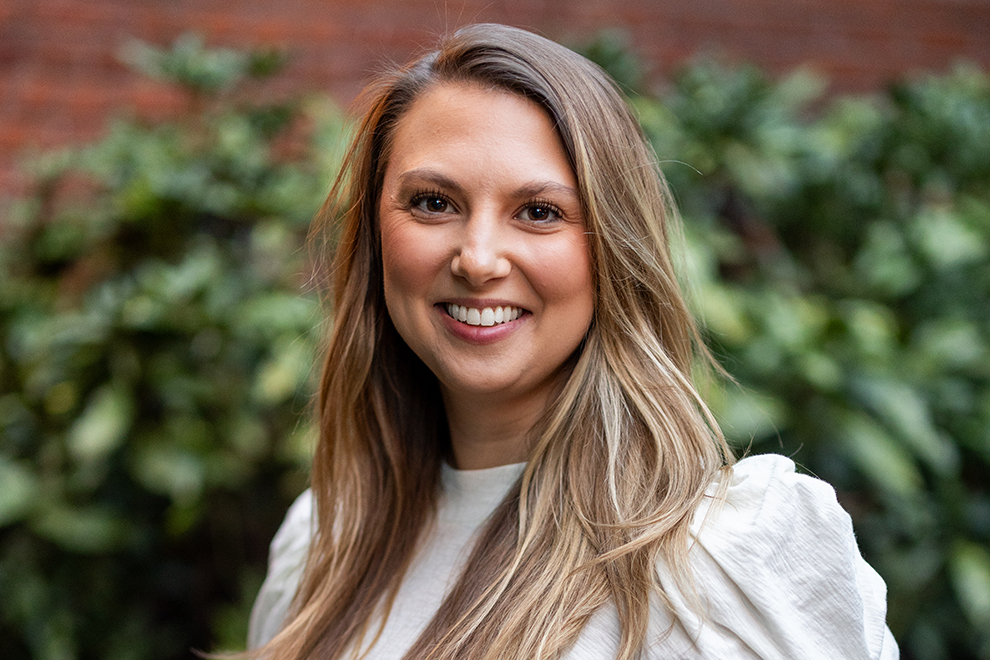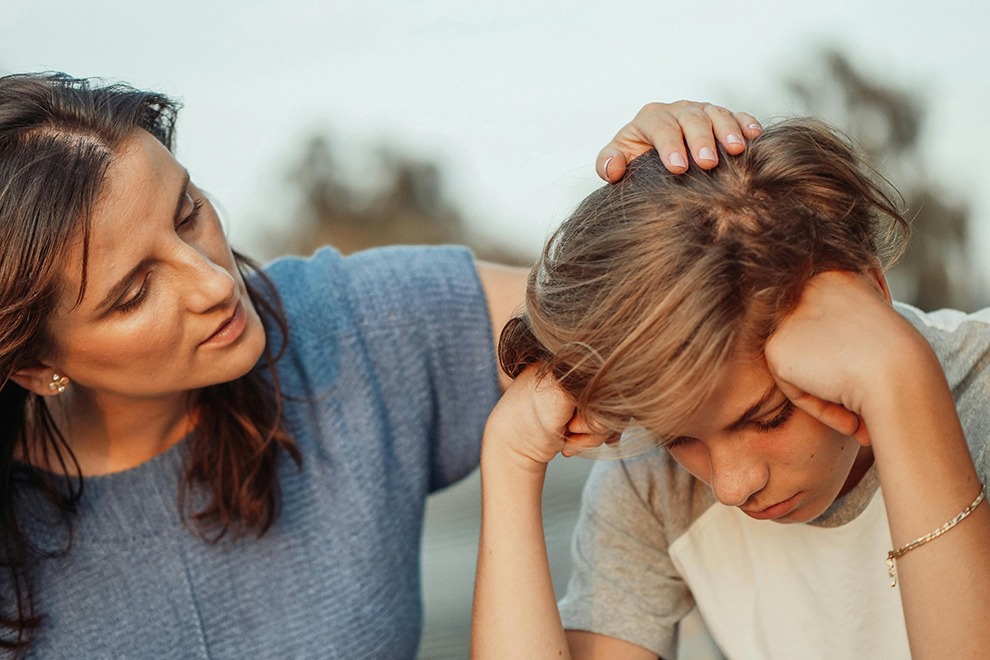Q: My son is marrying a young woman who grew up in an abusive home. I know she hasn’t sought professional therapy to deal with these issues, but her abuser is no longer in her life. She is wonderful in every way, but I do worry about the likelihood that she will one day have issues with child abuse herself. Should I encourage my son to get this out in the open with her?
A: Having experienced abuse as a child is a risk factor for becoming an abusive parent. If you think of it as children learn what they live, it makes sense that this cycle of violence can occur. However, it is important to know that being a victim of child abuse doesn’t automatically make you an abusive parent. There are many wonderful parents who choose to parent their children differently than they were parented.
We do know that being abused does have short and long-term effects. Interpersonal relationships may be affected because of a history of abuse. Physical well-being and health can be impacted. There is a lot of research on this topic to inform you, your son and future daughter in- law if interested.
There are four types of child abuse – physical abuse, emotional abuse, sexual abuse, and physical neglect – that a child may have experienced. It is important to know that your future daughter-in-law was never to blame for any of the maltreatment she endured. It is up to the adults in a child’s life to keep them safe – not the child. The immediate and long-lasting effects will be different for everyone but there is definitely support, education, and therapy available in our community. You and your son can let his fiance know that you will be as supportive to her as you can. Having this kind of open and sensitive communication will help her seek help should she ever feel she needs it.
Q: My 7-year-old son plays with a little guy who has fun trying on his sister’s dress-up clothes. I think this boy is getting a lot of grief from his dad about it. My son said he would never try on a dress because he wouldn’t want his daddy to call him bad names. What, if anything, can I do?
A: A great place to start is to share with your son how it isn’t nice for a daddy to call his child bad names and reassure him that his daddy would never do that.
How well do you know the family of the boy who is receiving the grief from his dad? Everyone has the right to parent in their own way, as long as it is not causing psychological and/or physical harm to their children. Maybe you could mention to the mother that you are aware of the names her son has been called and how name-calling can be detrimental. Or perhaps you can talk with the family about how normal dress-up is for children. In fact, dress-up is a part of typical child development for boys and girls. Dressing up helps children become more empathetic as they try on different roles and characters and explore feelings.
It helps improve their decision-making skills as they can work through a problem like Superman would, or explore conflict resolution skills as the princess in the castle. It helps them to expand their imagination and have fun as they are playing. And as evidenced through the popularity of Halloween and costume parties, it is something that some of us never outgrow completely.




